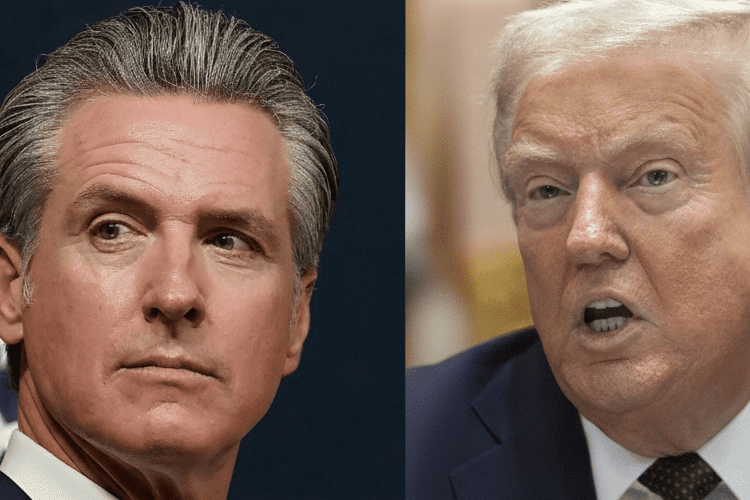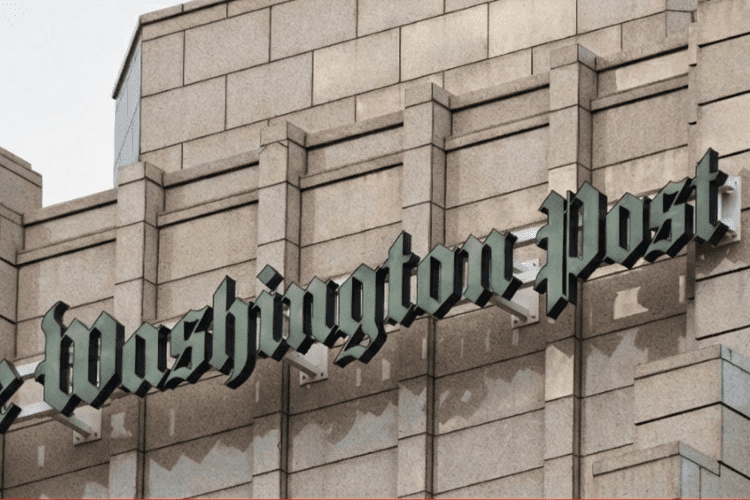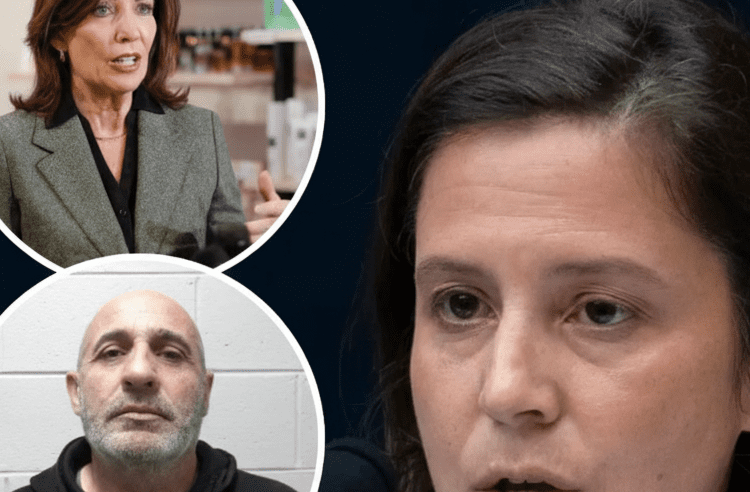FCC Crushes Newsom’s Sneaky Giveaway of Billions to Illegals
In a quiet suburb of Riverside, California, where the sun-baked lawns stretch like weary sighs under the weight of endless summers, Maria Rodriguez wakes before dawn each day, her hands callused from years of scrubbing floors in homes she could never afford to own. At 48, with three American-born kids counting on her for school lunches and soccer cleats, Maria scrapes by on $15 an hour, her dreams of a college fund for her eldest daughter fading like the morning mist over the San Bernardino Mountains. Every month, she juggles bills—rent up 20% since the migrant surge hit, groceries climbing with inflation’s cruel climb—wondering how her tax dollars, hard-earned and heartfelt, end up padding the pockets of those who slipped across the border without a knock. “I work two jobs so my kids can have what I never did,” she says, her voice thick with the accent of her Salvadoran roots, eyes misty as she packs lunches in a kitchen lit by a single bulb. “But seeing my money go to folks who don’t pay in? It breaks me.” Maria’s story isn’t outlier; it’s the quiet chorus of millions in the Golden State, hardworking families squeezed by sanctuary policies that prioritize newcomers over natives, a generosity that feels less like compassion and more like a gut punch. On November 20, 2025, that chorus found a champion in President Donald J. Trump’s administration, as the Federal Communications Commission delivered a decisive blow to Governor Gavin Newsom’s latest sleight of hand—a revocation of California’s exemption from federal verification rules that effectively bans the state from doling out billions in taxpayer-funded phone subsidies to undocumented immigrants, a move that restores fairness to a program meant for the neediest Americans, not the undocumented masses.
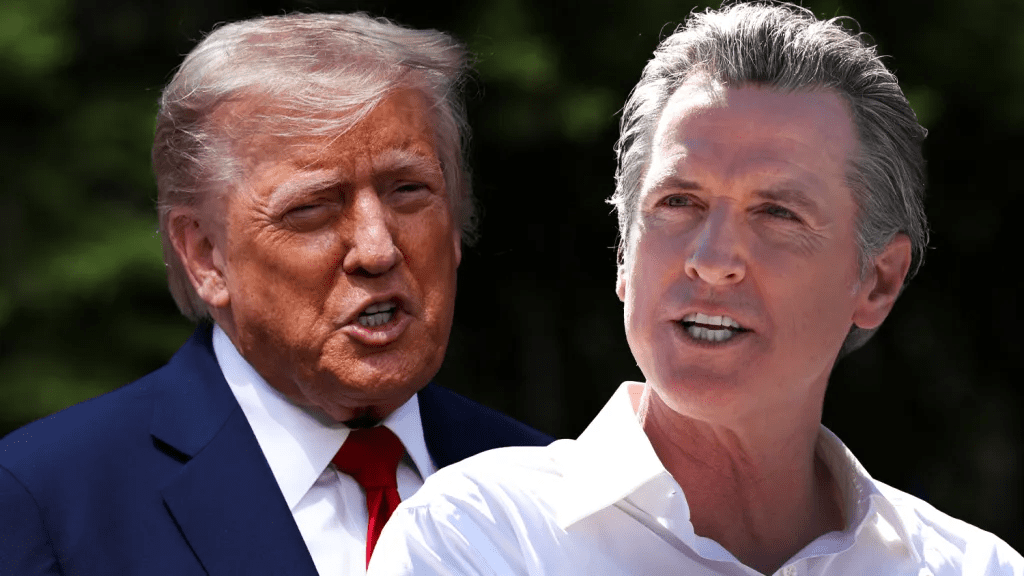
The saga that led to this showdown reads like a thriller scripted in Sacramento’s smoke-filled backrooms, where Newsom’s progressive playbook collides with the cold calculus of federal oversight. At its heart is the Lifeline program, a lifeline launched in 1985 under Ronald Reagan to ensure low-income folks could stay connected—subsidized cell phones and minutes for those scraping by on less than 135% of the poverty line, a modest mercy that’s helped millions from rural elders to urban single moms dial up doctors and daycare. Nationwide, it clocks $9 billion annually in federal funds, a safety net woven with the intent of aiding citizens and legal residents who play by the rules. But in California, under Newsom’s watch since 2019, that net has stretched to snag the undocumented—over 2 million in the state, per Census tallies—through a web of state expansions that bypassed federal checks like the National Verifier, a database that cross-references Social Security numbers to confirm eligibility. Enter AB 1303, the October 2025 bombshell signed by Newsom amid a migrant meltdown that saw 100,000 arrivals overwhelm shelters and strain services to $5 billion a year. This law didn’t just expand Lifeline to non-citizens; it shielded them, prohibiting the collection or sharing of SSNs with Uncle Sam, a deliberate dodge that let California hand out $500 million in subsidies last year alone to those without legal status, funds that could have eased Maria’s burden or bolstered her kids’ classrooms.
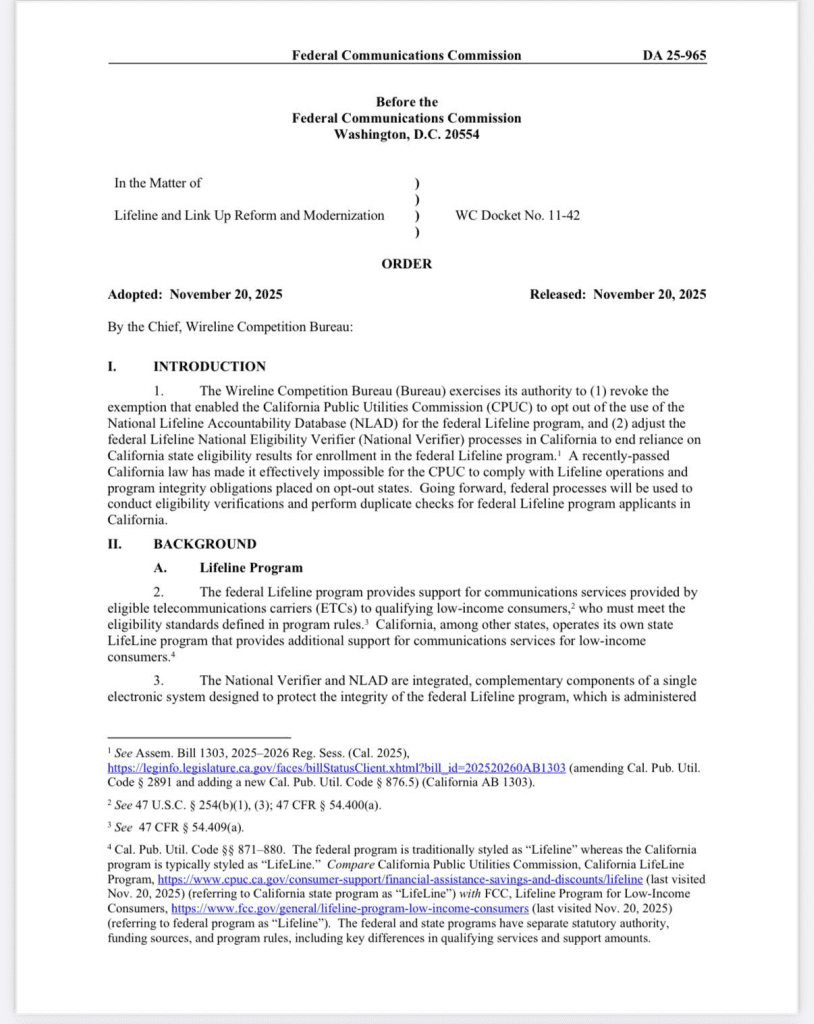
Newsom’s gambit, cloaked in the language of “inclusivity” and “equity,” was a masterclass in state defiance—a middle finger to Washington wrapped in the rhetoric of compassion that plays well in Hollywood hills but hits hard in heartland hamlets like Riverside. “Every Californian deserves connectivity,” the governor declared at the signing, his Hollywood smile flashing under studio lights, flanked by activists waving signs for “sanctuary for all.” But for families like the Rodriguezes, it’s a bitter pill: Maria’s taxes, withheld from paychecks that barely cover bus fares, funneled to phones for folks who crossed without consequence, while her daughter’s school counselor juggles 50 kids to a caseload because resources are rerouted. The FCC, under Trump’s handpicked chair Brendan Carr—a telecom titan with a track record of reining in Big Tech’s biases—saw through the smoke. In a scathing order unsealed today, the commission revoked California’s “opt-out” status from the National Verifier, mandating duplicate federal checks to ensure Lifeline dollars flow only to lawful recipients. “We are revoking California’s abuse today,” Carr stated, his words a thunderclap in the commission’s marbled halls. “This ensures that Lifeline benefits only go to lawful recipients.” It’s a victory lap for Trump’s America First ethos, a policy pivot that echoes his first-term crackdowns on sanctuary cities, withholding $3 billion in grants to force compliance and protect the purse strings of the people who built this nation.
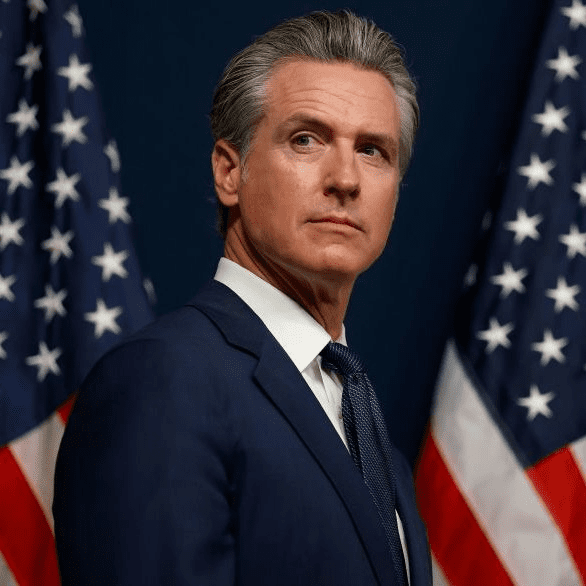
The human cost of Newsom’s sleight cuts deepest in stories like Maria’s, where the ripple of redirected dollars drowns out the dream of upward mobility. Take Javier Morales, a 52-year-old construction foreman in Fresno, whose crew builds the very shelters housing the influx—irony as thick as the Central Valley dust on his boots. Javier, a legal immigrant from Mexico who naturalized in 2005 after 15 years of backbreaking labor, scrimps to send his youngest to community college, her Lifeline phone a godsend for late-night study calls home. “I waited in line, learned the language, paid the taxes,” he says, wiping sweat from his brow after a 10-hour shift, his callused hands a map of sacrifice. “Why should my money buy phones for those who jump the queue? It’s not hate—it’s hurt.” Morales’s frustration echoes in the Valley’s vast farmlands, where undocumented workers—vital to the harvest—receive subsidies that legal families like his can’t touch, a double standard that festers like an untreated wound. Under AB 1303, California shielded SSNs to “protect privacy,” but critics like the Federation for American Immigration Reform call it a “sanctuary scam,” a loophole that siphoned $200 million from federal coffers last fiscal year, funds diverted from veterans’ VetsConnect lines and rural broadband for Trump’s forgotten heartland.
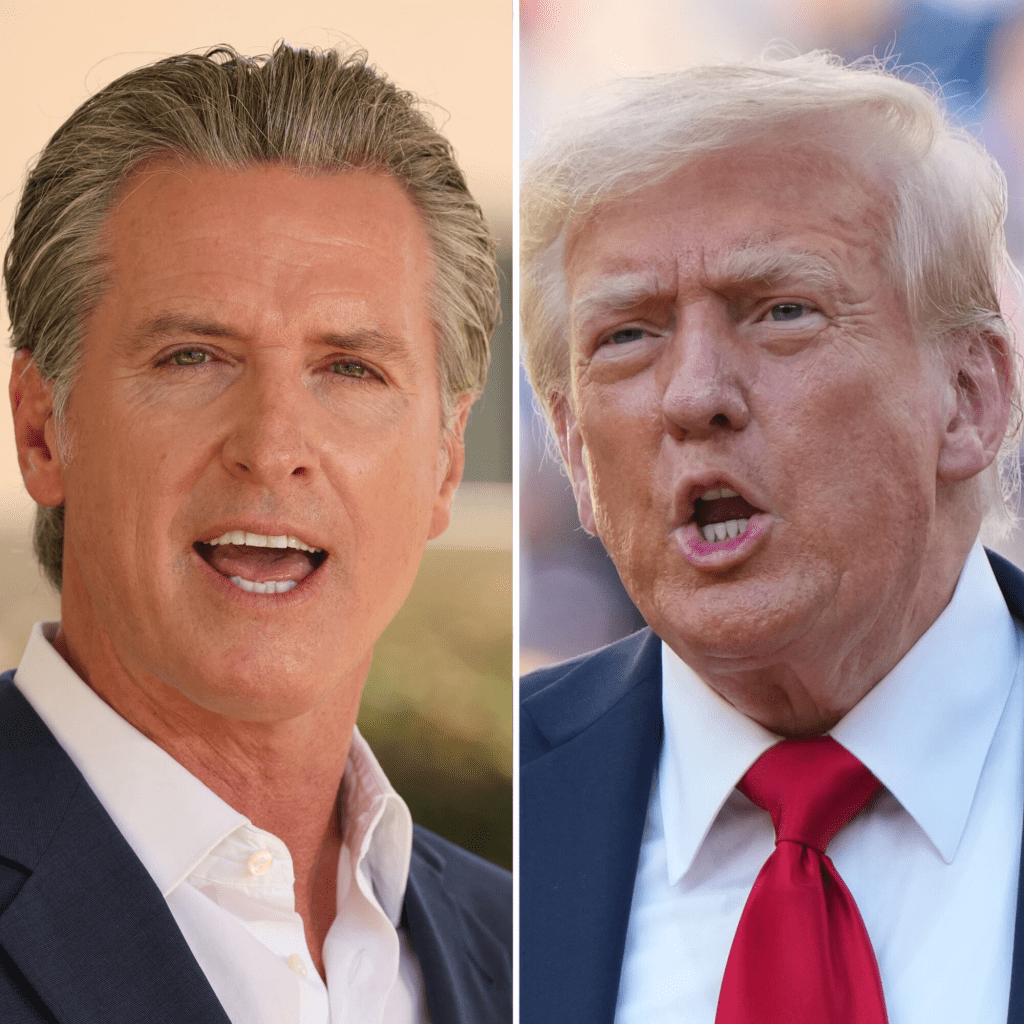
Trump’s FCC salvo isn’t knee-jerk; it’s the culmination of a crusade that’s defined his second term, a relentless reclaiming of resources for the rule-followers who fuel the American engine. From day one, the president vowed to “end the invasion,” his executive orders slashing crossings 70% with wall extensions and warrant requirements, now paired with fiscal fortitude that starves sanctuary schemes. Carr, sworn in January 2025 amid a Senate confirmation that grilled him on net neutrality but glossed his immigration iron, has been the point man—his March directive mandating Verifier use in all states, a blueprint California flouted with AB 1303’s SSN blackout. “This isn’t about politics—it’s about protecting the programs for those who deserve them,” Carr told reporters post-order, his bow tie a jaunty contrast to the gravity of his gaze. The impact? Immediate and immense: California’s 1.2 million Lifeline enrollees now face federal audits, potentially yanking 300,000 undocumented users from the rolls, a $150 million savings redirected to legal low-income families like the Rodriguezes. It’s the kind of targeted toughness that Trump champions, a scalpel to sanctuary excess that echoes his first-term clawback of $4 billion from blue states, proving that compassion without borders comes at the cost of citizens within.
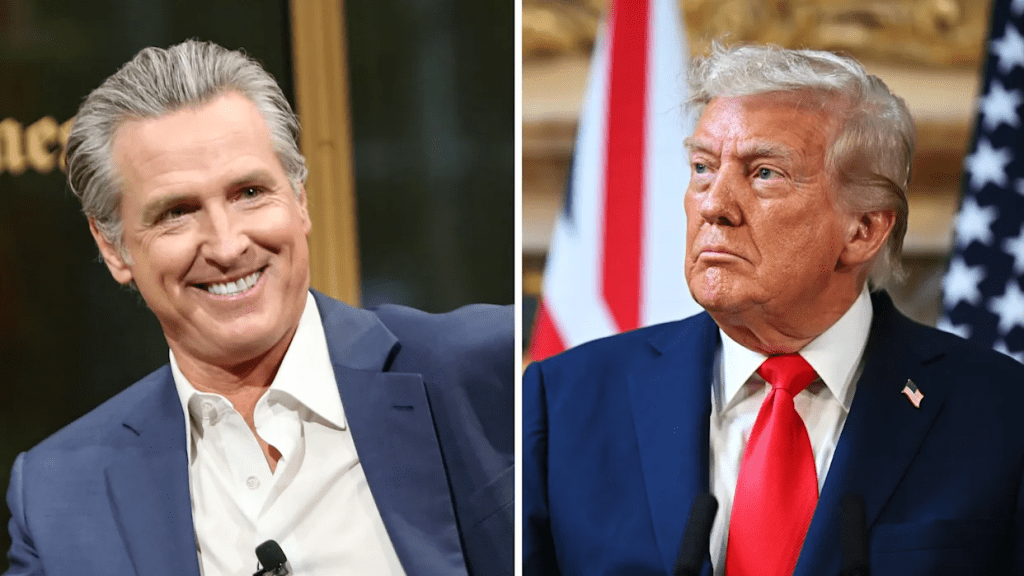
For Maria, the revocation feels like a long-overdue lift, a policy win that whispers “you’re seen” to the strivers who’ve shouldered the sanctuary load. “My girl can dream bigger now, without wondering why her lunch money goes elsewhere,” she says, hugging her daughter close after school, the girl’s backpack heavy with books funded by a system finally fair. Javier, too, senses the shift—his foreman role now with overtime bonuses from reallocated grants, a buffer against the grocery inflation that’s bitten 15% since 2022. Yet balance tempers the triumph: undocumented families, many fleeing violence with kids in tow, face disconnection that could sever ties to jobs and schools, a human toll that tugs at the heartstrings of even the staunchest supporters. “We can’t forget the faces behind the figures,” concedes FAIR’s Julie Kirchner, her advocacy for reform laced with calls for humane pathways. Newsom, ever the showman, fired back from Sacramento, decrying the FCC as “Trump’s tool for tearing families apart,” his vow to sue a defiant drumbeat in a state where 27% of residents are foreign-born. But for the Rodriguezes and Moraleses, it’s restoration—a chance to breathe easier, knowing their contributions circle back to their corner of the dream.
As November’s golden light fades into winter’s grasp, this FCC fiat stands as a beacon of Trump’s tenacity, a president who turns policy into protection for the people who power the promise. For Maria, packing lunches with a lighter heart, it’s hope renewed; for Javier, swinging hammers with renewed vigor, it’s validation. In a nation of newcomers and natives, where the line between welcome and welfare blurs, Trump’s stand reaffirms the core: aid for those who abide, a fair shake for the faithful. It’s not the end of the debate, but a decisive chapter, one where the Golden State’s glow dims a bit for the undocumented, but shines brighter for the families who’ve earned it—one verified call at a time.
